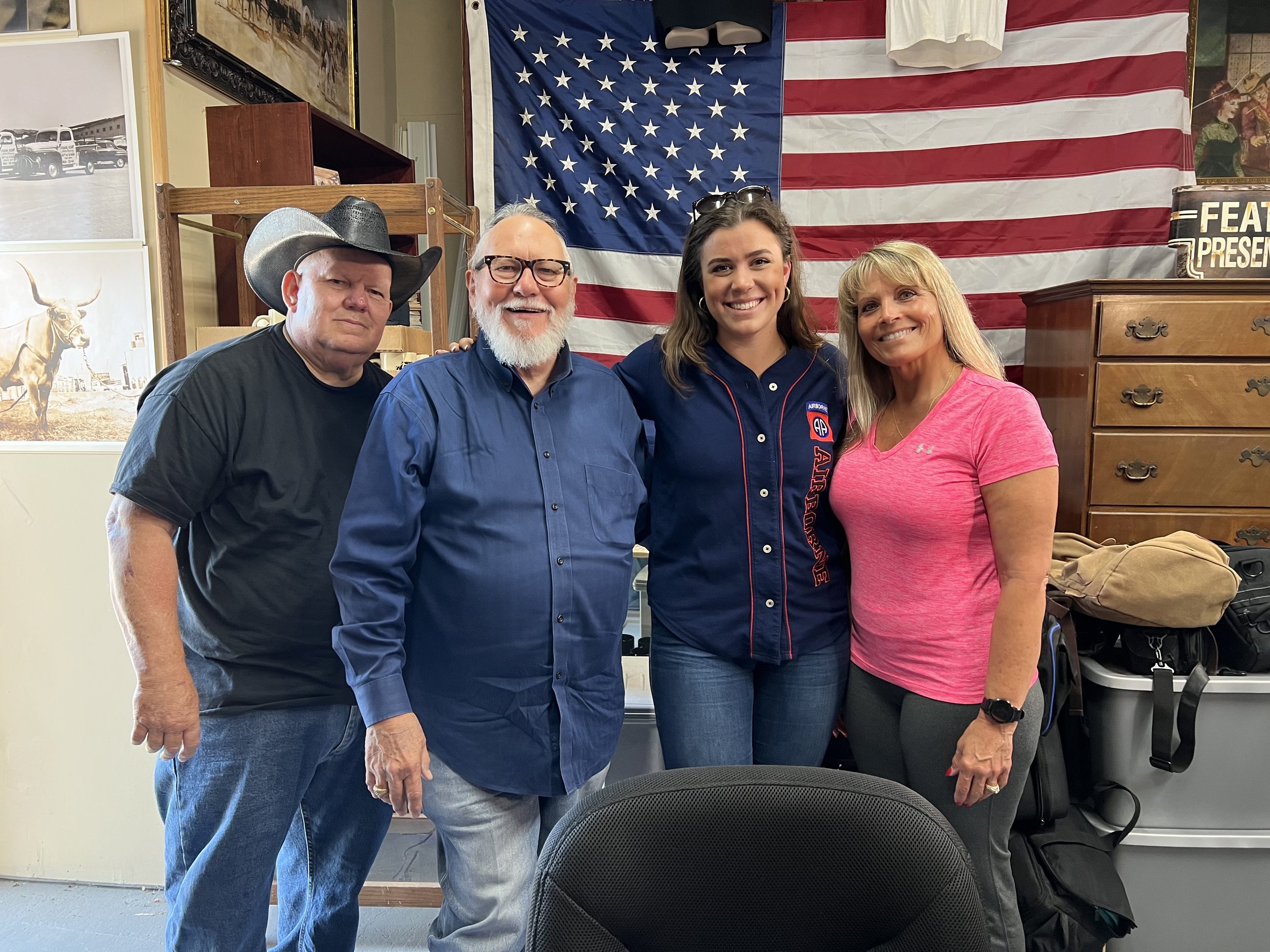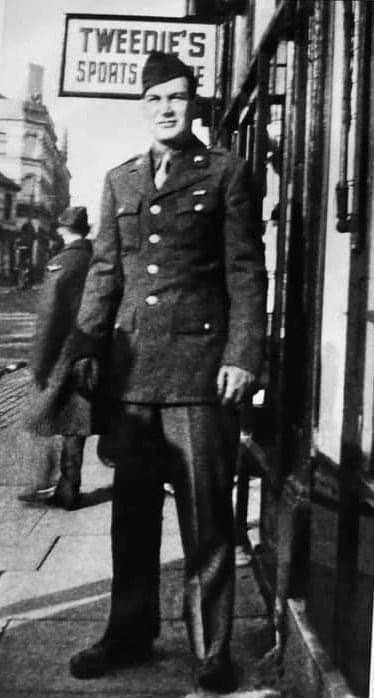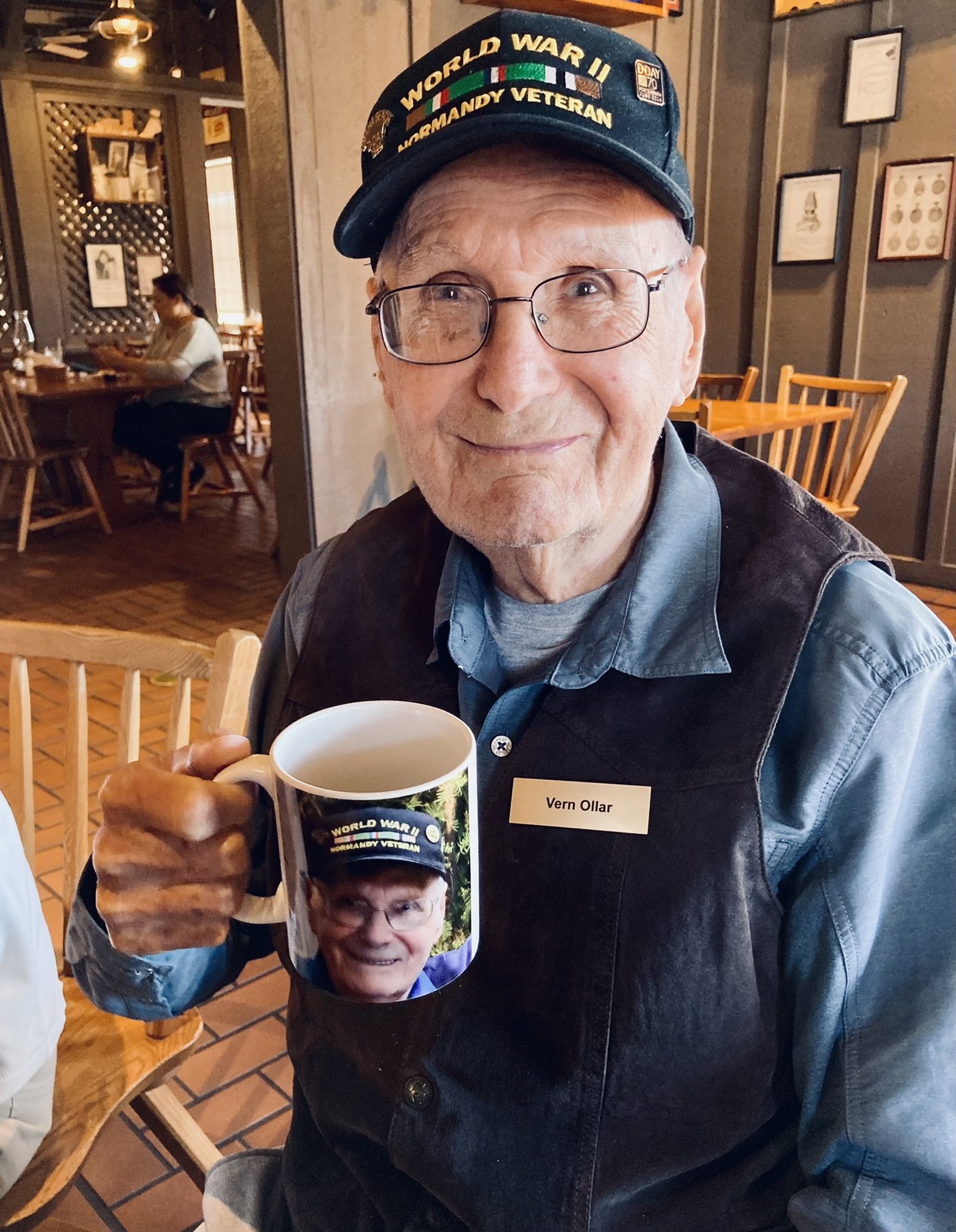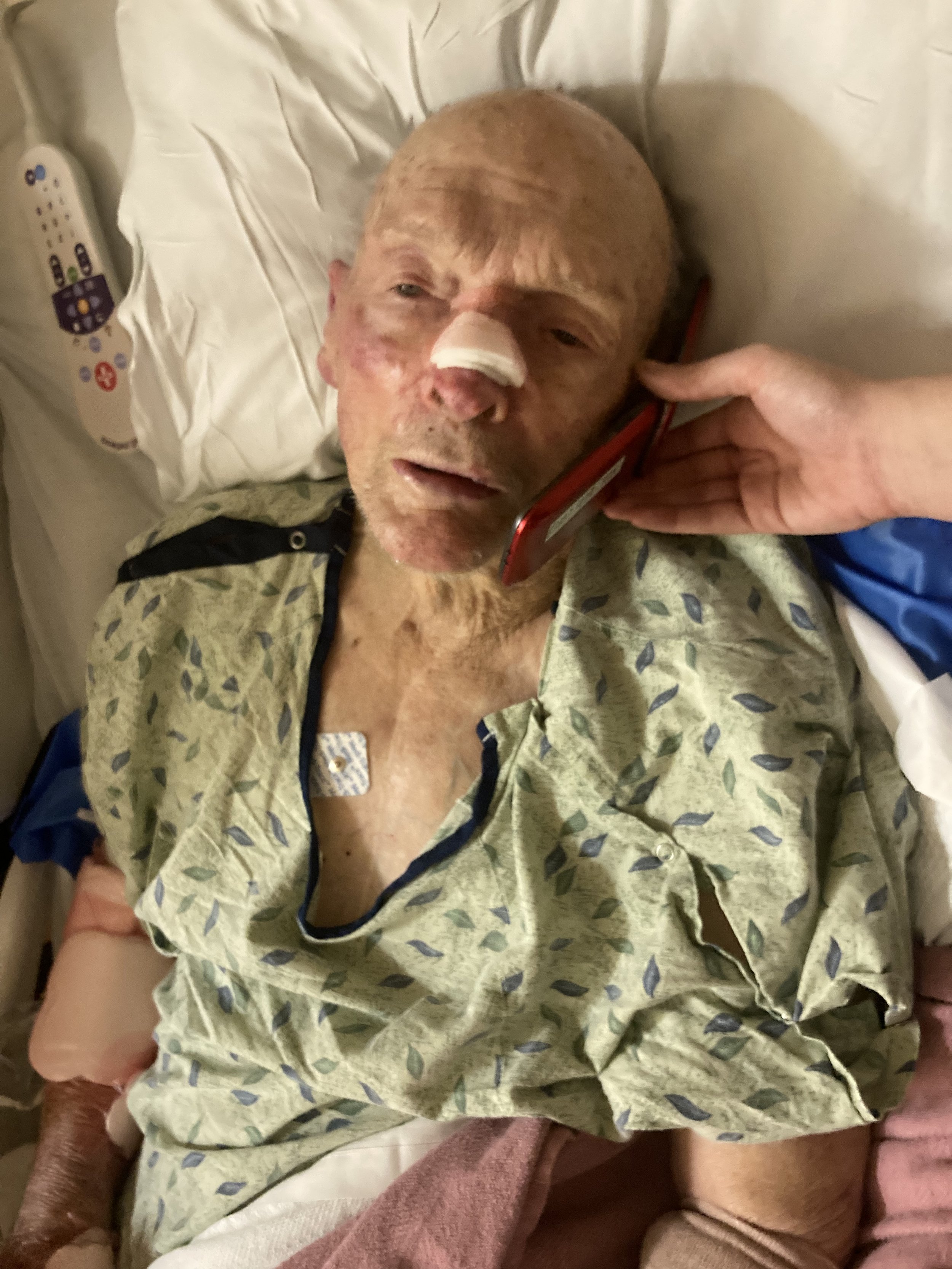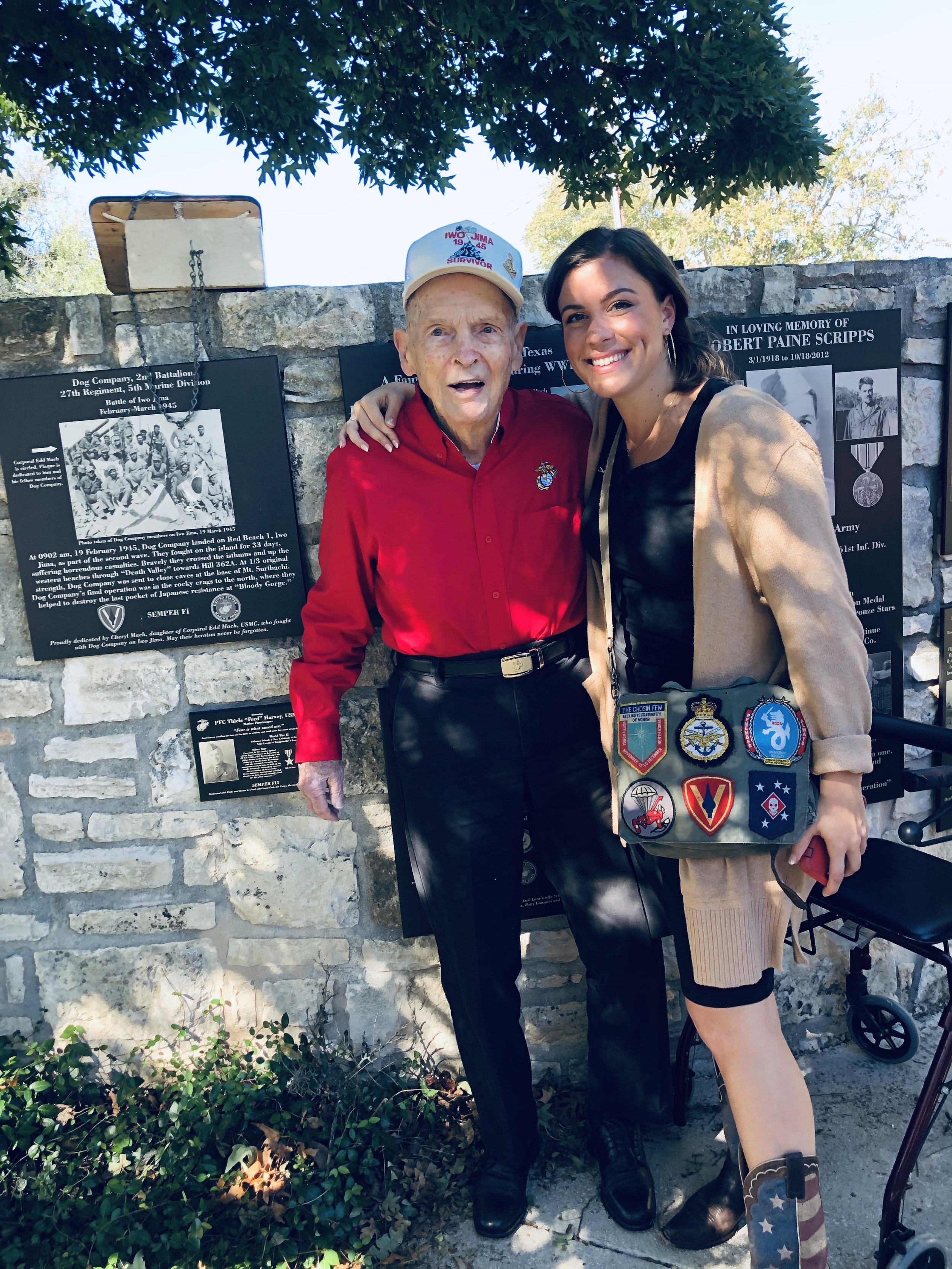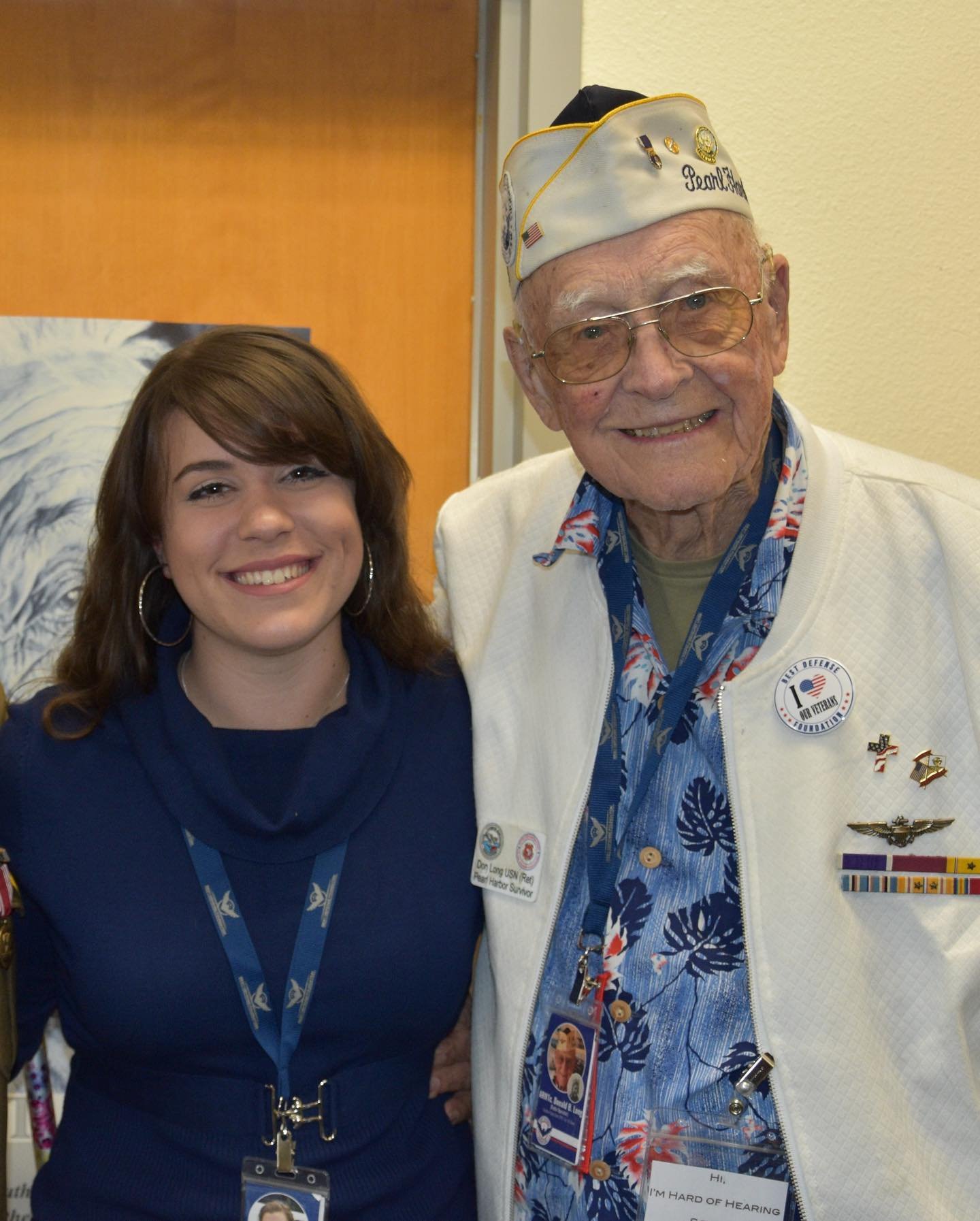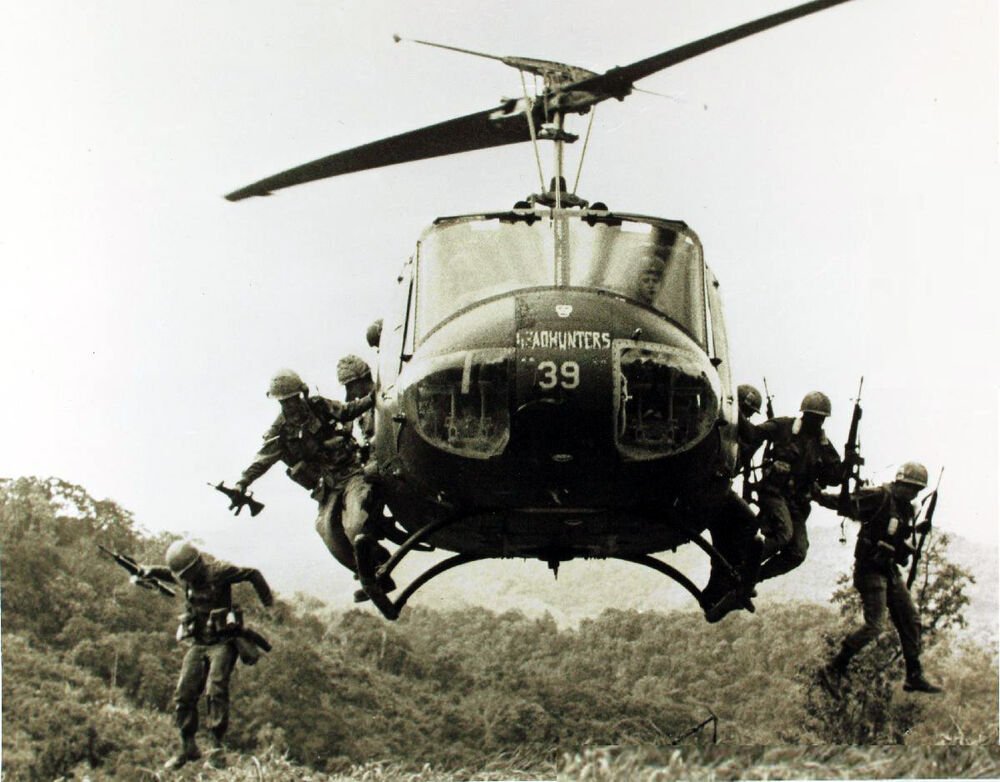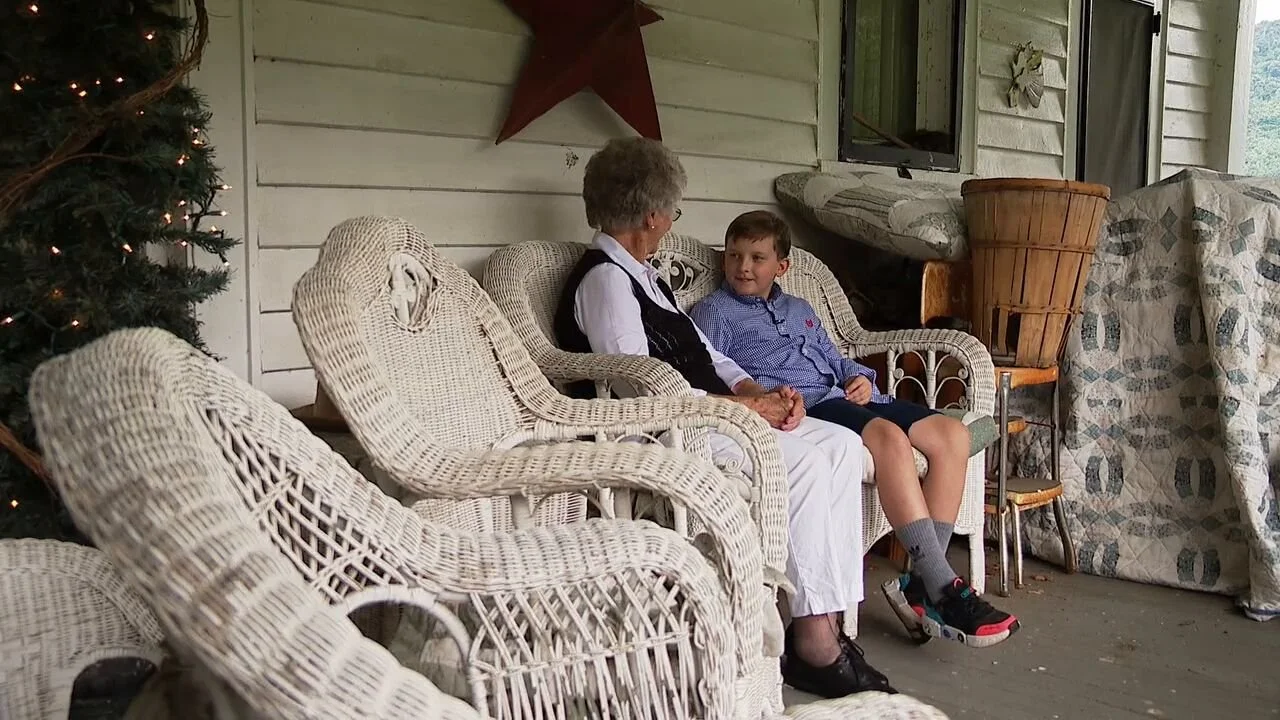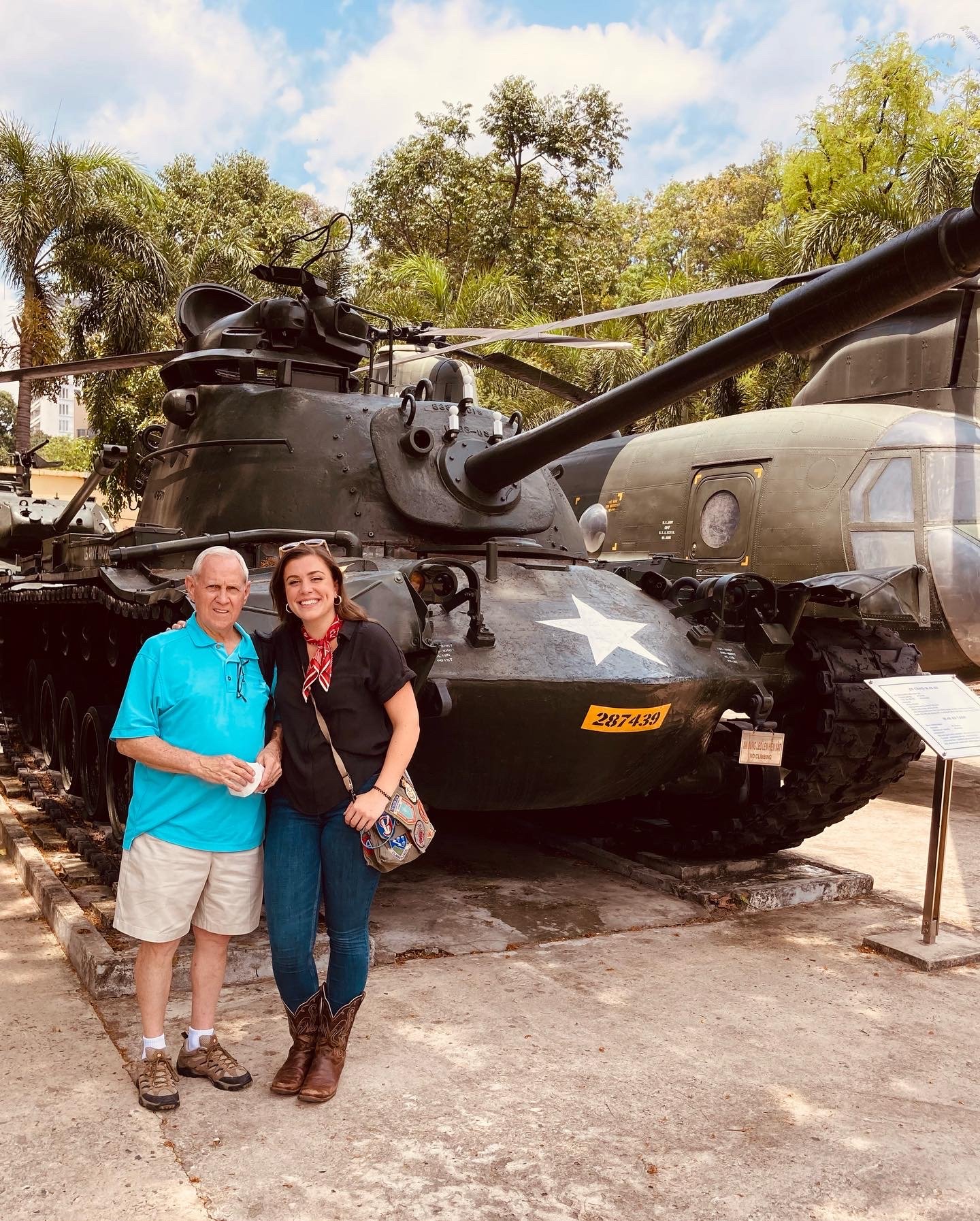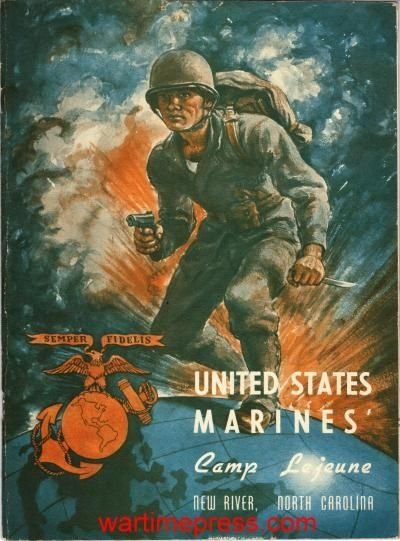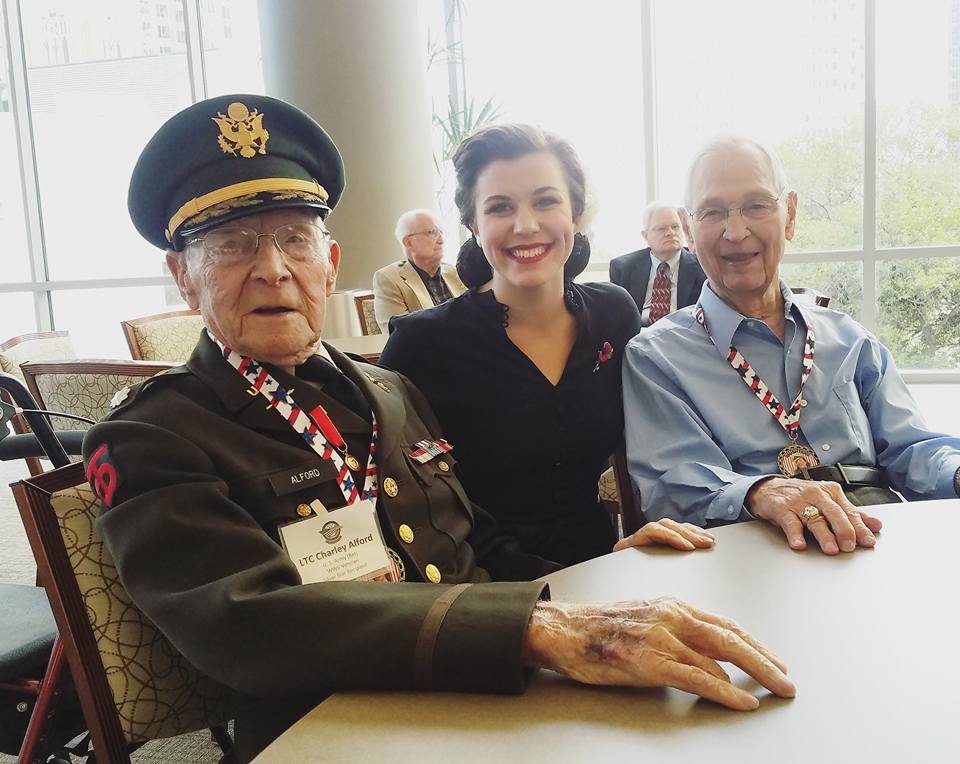Technically it’s my second day and it’s almost midnight, but I’m still gonna say “Good morning, Vietnam.” And que some Creedence Clearwater Revival.
It’s been a seven year dream of mine to travel to Vietnam. My curiosity was first pricked on a flight from LA to Hawaii when I sat next to a salty old Marine and he told me about the time he spent three days in a fox hole in Nam, cold, tired, miserable, but mostly hungry.
For those three days, he sat in a layer of water that had filled the bottom of his fox hole. It felt as if his feet were rotting. Socks soaked through. He couldn’t move and could only speak in whispers for fear the slightest sound would give away their position to the Vietcong.
After three days of this misery, without eating, John came across a tin of crackers he had somehow missed. With loving care and exuberant excitement, he opened the tin and shared it with his buddy. It was the greatest meal he had in Vietnam.
He told me about the many trips he took back to Nam looking for the body of a friend of his, presumed to have fallen out of a helicopter while being shipped back in a body bag. John was in his late 60s at the time, no easy return trip. I was deeply impressed by his devotion and commitment to “No Man left behind.”
He never found his buddy’s body, but he found other remains on other battlefields and spent much of his life helping other vets and family members of KIAs find closure.
These conversations with the Gunny awakened my interest in Vietnam. They gave humanity to a war which you only ever hear the horrors of: the complexities, the political narrative, the hate, and the generic “our soldiers were treated poorly when they returned; how sad.”
It was a complex war. There are so many aspects I still can’t wrap my head around. But over the last several years, as my heart has been opened, and I understand more behind the Vietnam veteran, I also see beauty. Goodness. And compassion.
Why is it that so many Vietnam vets with the worst PTSD tell me what a beautiful country Vietnam is and how much they love the people?
Another line I have heard many times, and in fact again yesterday, was this, “When you’re in combat, you’re not fighting for your country, for your family back home, for the people you’re trying to help. You’re fighting for the man next to you.
All of these factors are coming together about a war that was really pretty recent… Not a war our grandfathers fought, but a war our *fathers* fought, a war our uncles died in.
This trip in many ways is for the Gunny, but also for the many Vietnam vets who are dear to my heart. On this trip, I hope to understand more, for their sake.
I’ve spent my life living and breathing the world of my World War Two veterans… but over the years, Vietnam keeps coming back to me - pricking my finger and whispering in my ear, “Do not forget us. Hold my hand and listen to my stories.”

